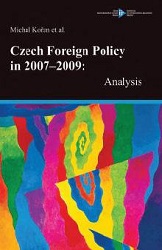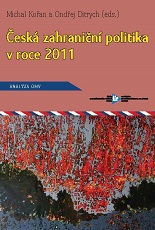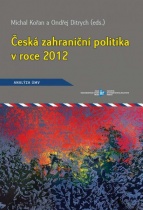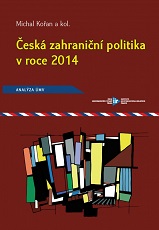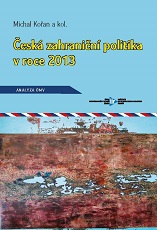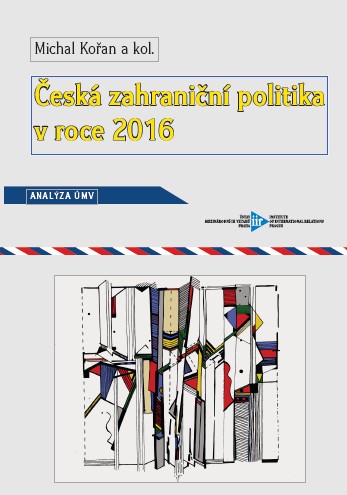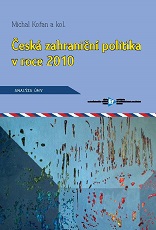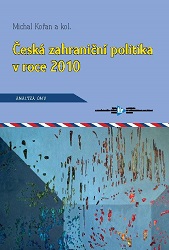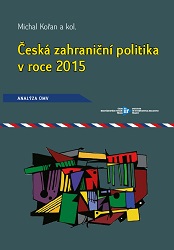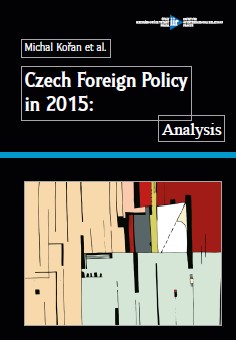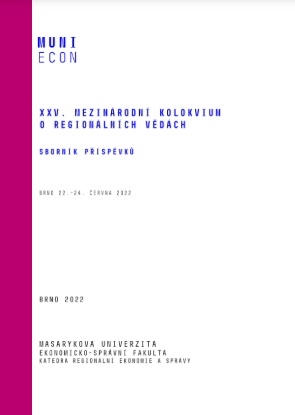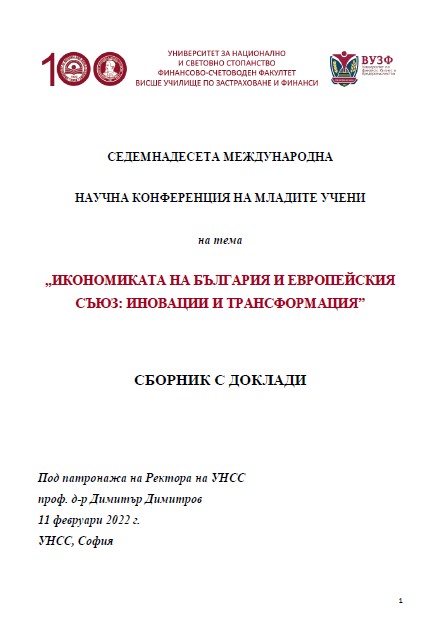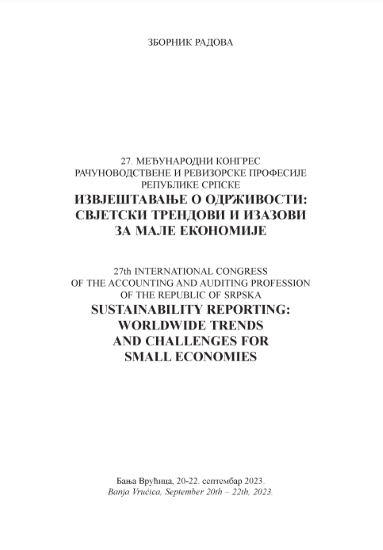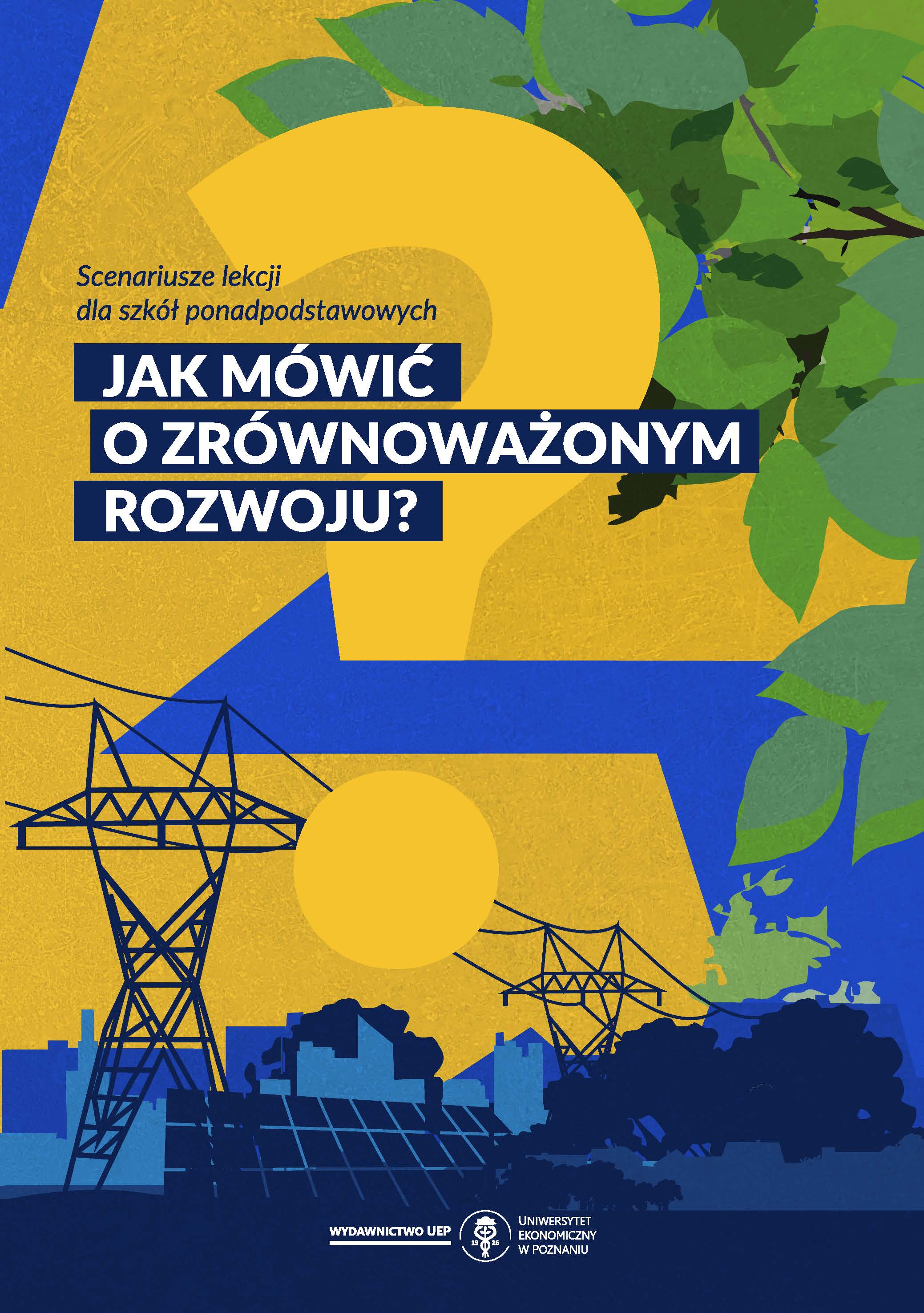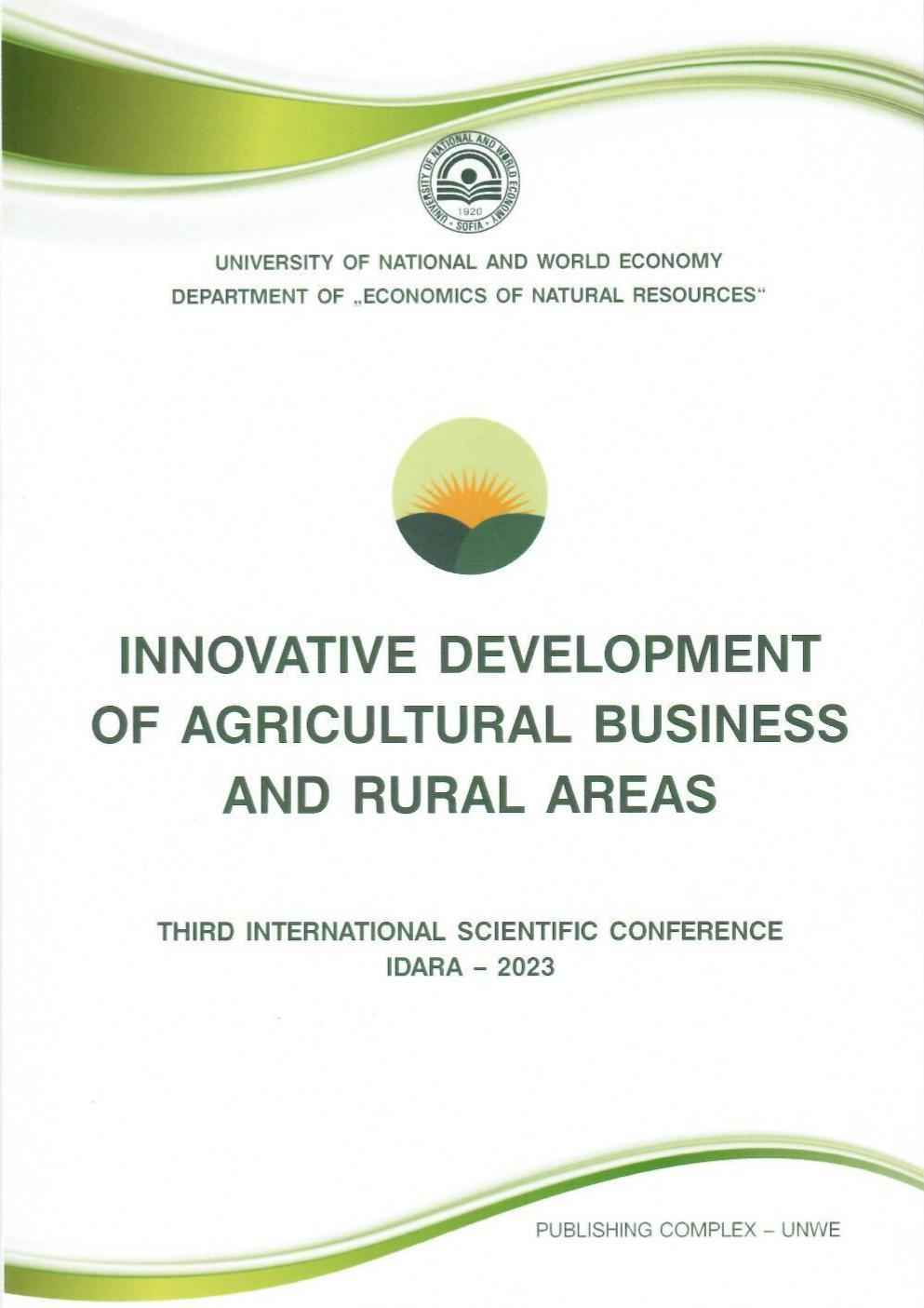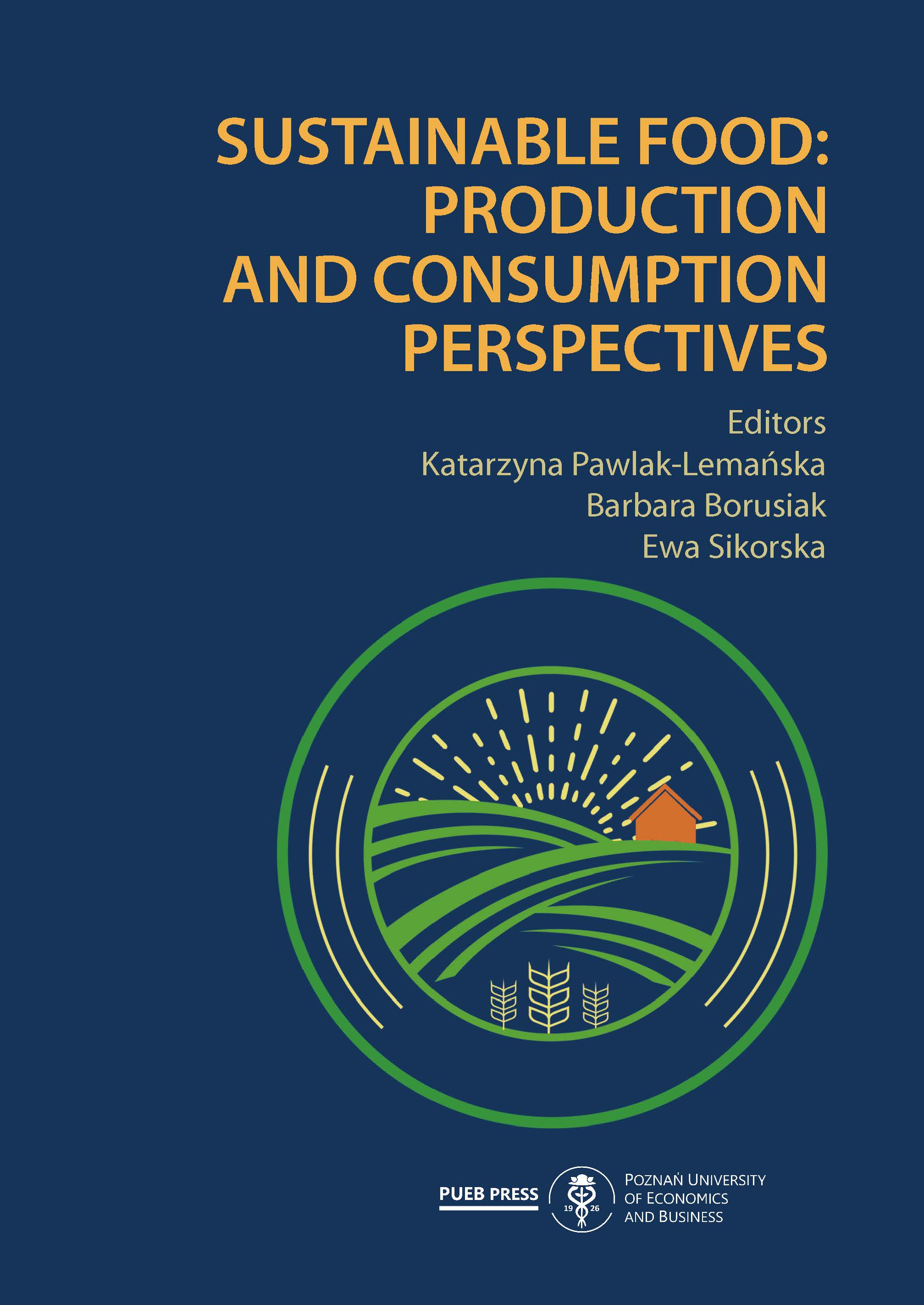
Sustainable food. Production and consumption perspectives
Sustainable food security is a pressing global challenge, requiring research and advocacy for both production and consumption practices. On one hand, the focus of research lies in the development of technologies and processes that enable the production of food with minimal losses and a reduced negative environmental impact. On the other hand, e orts are directed towards strengthening positive attitudes among food consumers, promoting environmentally friendly diets, and reducing food losses. This book aims to address this challenge by exploring sustainable food systems from production to consumption. Through literature reviews, original research, and perspectives, the book seeks to disseminate the concept of food sustainability to scientists, researchers, and practitioners. We hope this monograph will contribute, albeit modestly, to making food processes more sustainable.
More...
